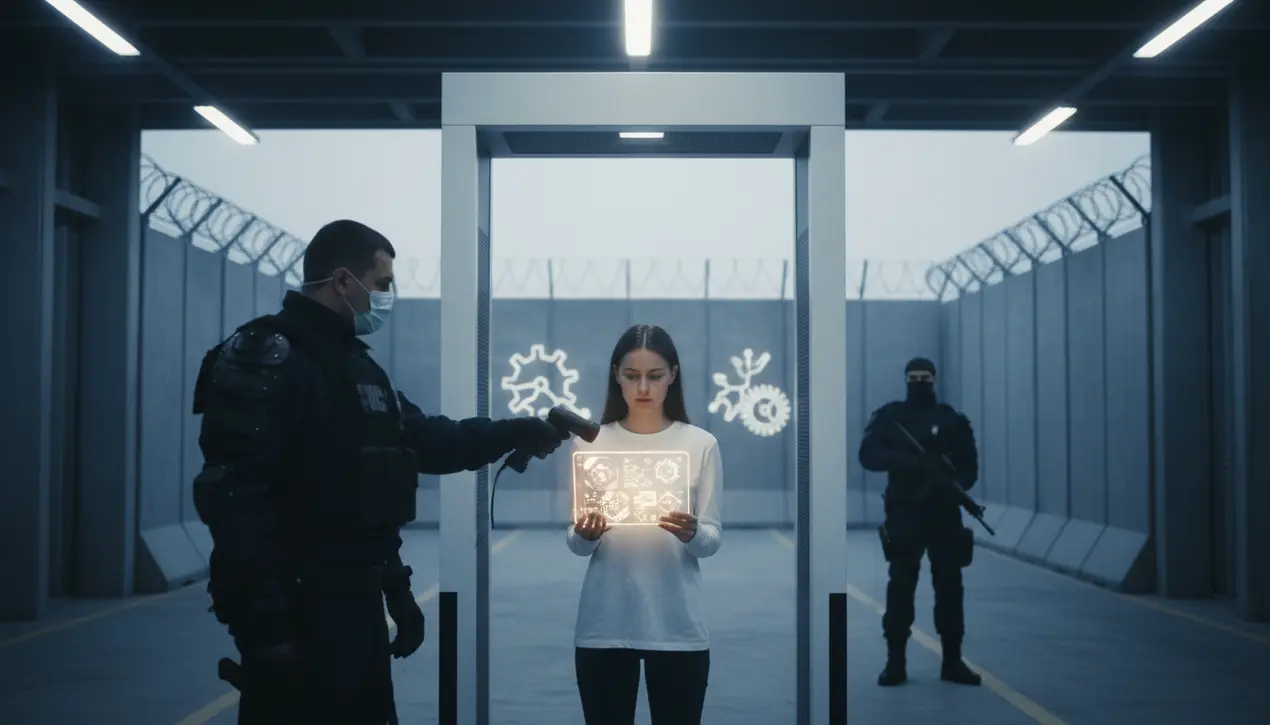- News
- protests-movements
- The Perilous Imagination: Why Envisioning a Better Future Is Treated as a Threat

Politicsprotests & movementsMass Demonstrations
The Perilous Imagination: Why Envisioning a Better Future Is Treated as a Threat
MI
Michael Ross
2 days ago7 min read3 comments
In a curious twist of modern logic, the simple act of envisioning a superior future is increasingly treated as a subversive and dangerous proposition. This phenomenon represents a profound cognitive shift, a societal re-wiring where ambitious, utopian ideas are flagged with the same urgency as existential dangers.This defensive posture is deeply rooted in a psychological aversion to systemic change and the powerful inertia of institutions built to preserve the status quo. The language of 'disruption,' once a badge of honor in Silicon Valley, has been co-opted in corporate and government circles into a term of caution.Proposals for universal basic income, post-scarcity economic models, or radical social equity are now frequently met not with open debate, but with pre-emptive risk assessments and dystopian counter-narratives that prioritize a flawed stability over transformative potential. History provides a clear pattern: every great social leap, from the abolition of slavery to the civil rights movement, was initially framed as a catastrophic threat to the prevailing order.Today, that same pattern repeats with visions for climate restoration, AI-driven resource management, and post-capitalist frameworks, which are often dismissed as naive or dangerous by institutions whose power is predicated on the current system's continuation. According to Dr.Elara Vance, a sociologist at the Institute for Future Studies, this is a predictable societal immune response to accelerating technological change, where the future outpaces our cultural and legal systems' ability to adapt. The consequences are stark: this defensive framing chills innovation, stifles essential public discourse, and delegitimizes long-term planning.We see this play out in regulatory battles over advanced AI, where calls for a moratorium often overshadow nuanced discussions about alignment, and in political arenas where comprehensive green policies are portrayed as economic suicide rather than necessary evolution. This conflict transcends traditional left-right divides; it is a fundamental struggle between incrementalism and transformation, between the comfort of the known and the terrifying possibility of the unknown.To move forward, we must cultivate a new literacy for evaluating transformative ideas—one that balances prudent risk assessment with the courage to build. The greatest threat we face may not be a failed utopia, but a catastrophic failure of imagination, leaving us trapped in a present increasingly incapable of solving its own most pressing crises.
#social commentary
#political climate
#imagination
#dissent
#protest
#featured
Stay Informed. Act Smarter.
Get weekly highlights, major headlines, and expert insights — then put your knowledge to work in our live prediction markets.
Comments
Loading comments...
© 2025 Outpoll Service LTD. All rights reserved.